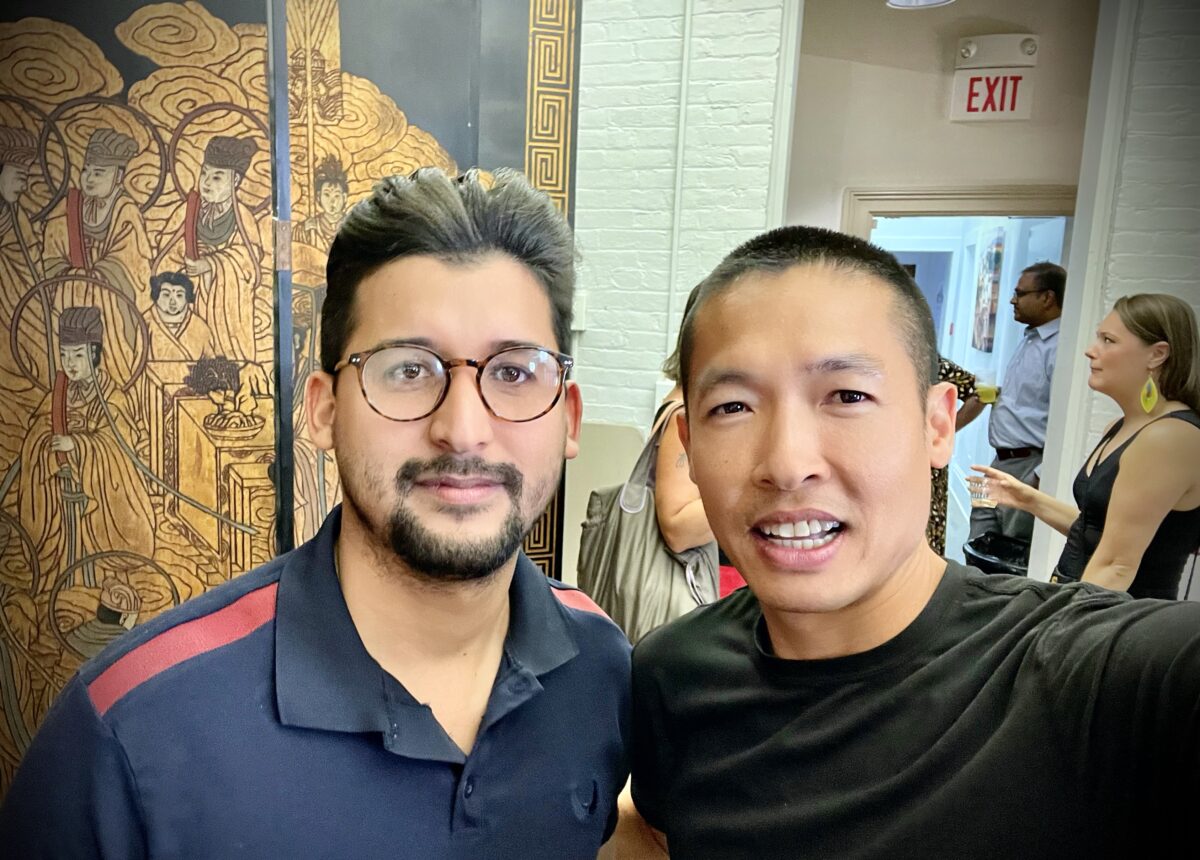In our world of relentless ambition, an adage as old as time is often quoted: “If you can see it, you can have it.” While this may sound like wishful thinking, numerous successful individuals – from renowned authors to accomplished entrepreneurs – have attributed their success to this very belief. It signifies the power of want, acceptance, and visualization, a triad of forces that together facilitate the journey to fulfillment and the realization of one’s life purpose.
Prominent author Di Tran, known for his insightful works such as “Drop the ME and focus on the OTHERs” and “Guiding Lights: A journey of courage, compassion and faith,” presents a compelling case for this belief in his forthcoming book, “Drop the FEAR and focus on the FAITH”. Tran argues that our desires – the things we want badly enough – are more than mere whims or fleeting distractions. They are profound reflections of our inner selves, core elements of our life’s purpose.
These yearnings are not easily fulfilled, however. To achieve the objects of our desire, we must first accept the potential pain of the journey to attainment. The hurdles we face on our path are not obstacles, but rather, necessary components of our growth. They challenge us, test our resolve, and ultimately make us capable of handling what we so desperately seek. In essence, the pursuit becomes as important as the achievement, if not more.

Once we have a clear vision of what we want and have made peace with the potential discomfort of the journey, visualization comes into play. Visualization is the process of creating mental images of our desires, thereby allowing them to manifest into our physical reality. This idea echoes the principles of many thought leaders, such as Napoleon Hill, who emphasized that “whatever the mind can conceive and believe, it can achieve.”
But visualization is more than just a passive daydream. It is an active, intentional practice that involves deeply engaging with our aspirations. The clearer and more detailed our mental image, the more likely it is to materialize. This is because visualization aligns our subconscious mind with our conscious desires, creating a unified front that drives us towards our goal.
Di Tran asserts that the power of visualization is rooted in our belief systems. By training ourselves to not just see, but truly believe in the attainability of our goals, we prime ourselves for success. It’s about replacing fear – an emotion that holds us back – with faith in ourselves and our abilities. Faith provides us with the courage to persist even when our goals seem far out of reach.
In conclusion, Di Tran’s philosophy, as outlined in his soon-to-be-released book, offers an insightful and inspiring perspective on the pursuit of fulfillment. He invites us to embrace our desires, accept the pain of the journey, and harness the power of visualization. This triad serves as a guide, leading us towards the realization of our life’s purpose. By dropping our fears and focusing on faith, we can manifest our dreams into reality and attain the fulfillment we seek.




















